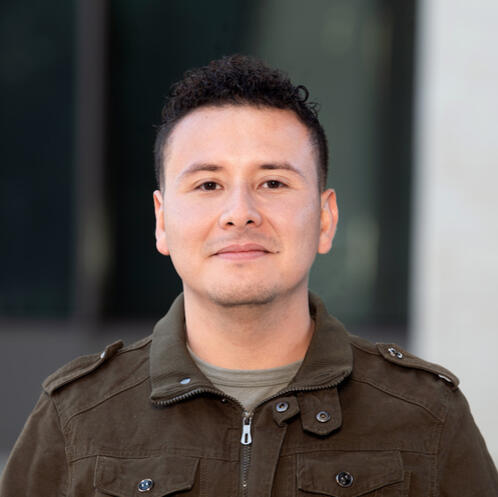
Title: Systematic characterization of gene regulatory network rewiring patterns mediated by non-coding regions perturbation.
Abstract: Gene regulatory networks are representations of the relationship between transcription factors and their target genes. By modeling gene regulatory networks, it is possible to identify changes in the network's activity and structure that result in the emergence of different phenotypes. For that reason, innovative experimental methods and computational approaches for precise post-processing must be developed to characterize the effects of thousands of perturbations on the structure of the gene regulatory network using a multiplexed single-cell level experiment. Here, we showcase the use of LIONESS in combination with SCORPION for the generation of individual-cell gene regulatory networks from single-cell RNA-seq data. Using this approach, we generated 54,798 transcriptome-wide individual-cell gene regulatory networks for MDA-MB-231 cells carrying a random subset of gRNAs from a library containing 20,139 sgRNAs targeting non-coding regions of the human genome. We systematically characterized each perturbation effect on the network structure by comparing the gene regulatory networks generated for cells carrying a given gRNA against all others. Our findings highlight regions actively associated with patterns of gene regulatory network rewiring and others related to changes in the activity of specific transcription factors or over specific target genes. The effect of co-localization between the sgRNA target region and the identified affected set of target genes was also evaluated. Furthermore, we compared the impact of the different non-coding region annotated functional categories to assess the differences in the magnitude of the perturbation caused over the gene regulatory networks.
Bio: My name is Daniel Osorio. I am a Colombian computational biologist. Currently, I am a postdoctoral fellow at the Livestrong Cancer Institutes at the Dell Medical School of the University of Texas at Austin. Texas A&M University awarded me a doctorate in Biomedical Sciences (Biomedical Genomics and Bioinformatics). My research focuses on the creation of software for the investigation of high throughput single-cell RNA-seq data, gene regulatory networks, data mining, metabolic modeling, and bioactive peptides. I also hold a master's degree in bioinformatics and a bachelor's degree in biology, both from universities in Colombia.
Contact: dcosorioh@utexas.edu